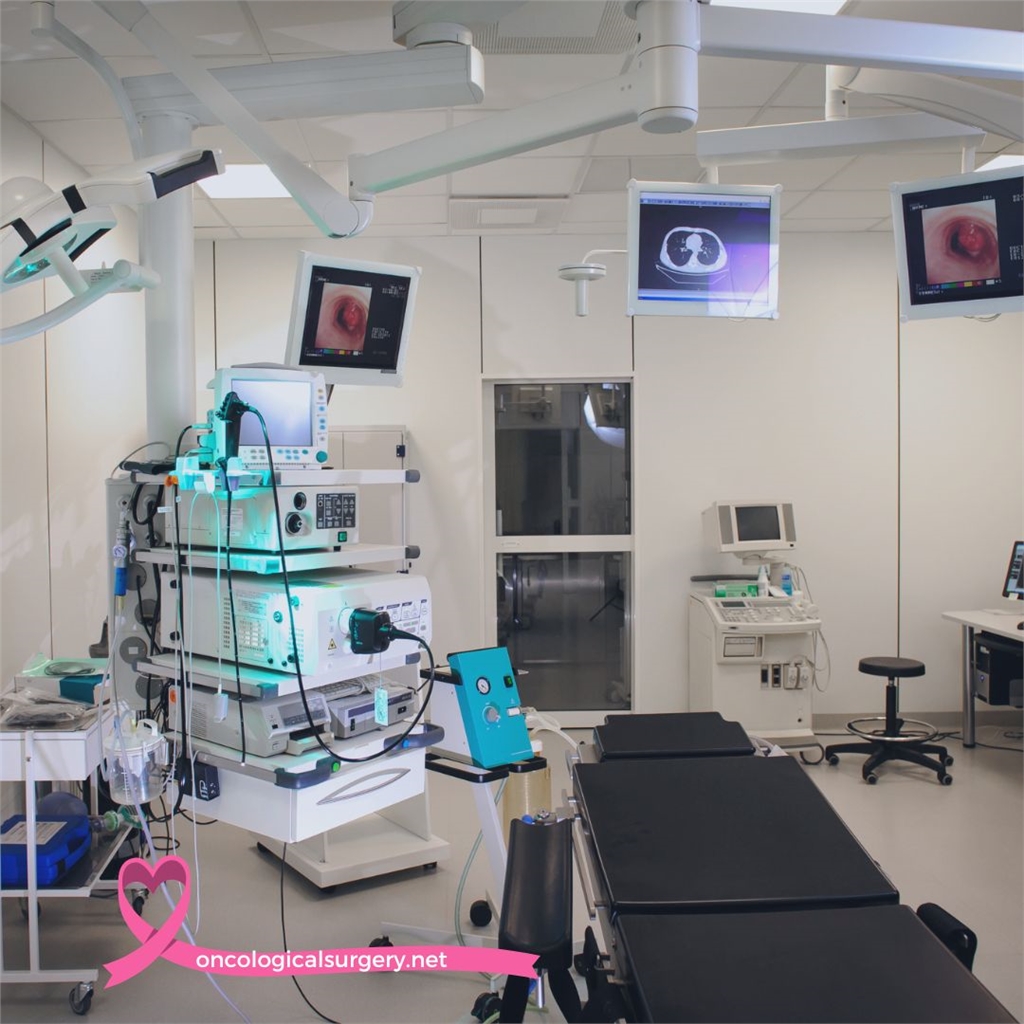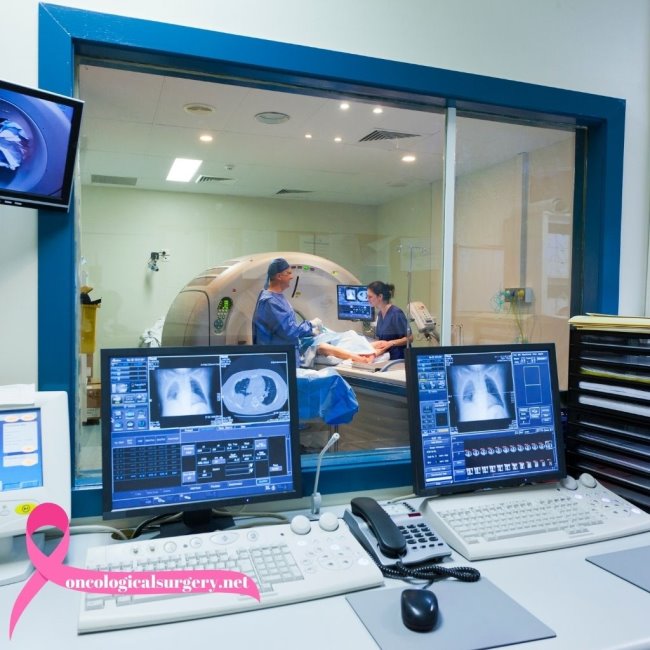
Choosing the Right Oncology Surgeon for Your Needs
First and foremost, finding the right oncology surgeon is an important initial step in treatment. Whether you seek an Oncology Surgery, a Colon Cancer Treatment, a Pancreatic Cancer Treatment, a Stomach Cancer Treatment, or even a Thyroid Cancer Treatment, the selection of a surgeon is all that matters when it comes to the success of your treatment, and it also matters in how smooth the treatment proceeds. This guide shall help in understanding what to look for and how to make an informed decision.
Understanding the Oncology Surgeons' Role
Oncology surgeons are specialists in diagnosis, staging, and surgical management of cancers. His or her role extends well into the operating theater since it is an integral part in the multidisciplinary approach of cancer management in collaboration with medical oncologists, radiation oncologists, and other healthcare professionals in creating comprehensive treatment plans.
The right oncology surgeon will have vast experience and training in performing complex surgeries in oncology. Besides this, one should be aware of the latest surgical techniques and advances to offer the most effective and least invasive treatment to the patients.
Key Factors to Consider
When it comes to choosing an oncology surgeon, numerous points are to be considered in order to avail the best services for you. These include experience of the surgeon, specialization, hospital affiliation, patient reviews, and so on.
Experience and Qualifications: These are checked by confirmation whether the surgeon is board-certified in oncology surgery, apart from his experience in treating the type of cancer you have been diagnosed with. His education, training, and professional affiliation will have to be put into consideration to ensure that he is well qualified.
Specialization: Oncology surgeons often specialize in one or more types of cancer. For instance, some specialize in the treatment of Colon Cancer, Pancreatic Cancer Treatment, Stomach Cancer Treatment, or Thyroid Cancer Treatment. Choosing a surgeon who specializes in your kind of cancer will add to the success of your treatment.
Assessing Hospital and Facilities
The hospital where your surgery is going to be performed is just as important as the surgeon of your choice. Find out about the reputation of the hospital, its facilities, and success rates related to oncology surgeries. A hospital that is accredited by reputable organizations with the latest state-of-the-art equipment and technology should be preferred.
This means that a well-equipped hospital, which also has a committed care team for cancer patients, will be in a position to support you through the whole journey of treatment. Find out about post-surgery care, rehabilitation services, and support groups to make sure you are getting everything you might need to help you recover successfully.
Communication and Comfort Level
Another key to a successful treatment experience is communication with your oncology surgeon. Pay attention during your initial consultation when the surgeon listens to your concerns, answers your questions, and explains your options for treatment. A good surgeon will take the time to ensure that you understand your diagnosis, treatment plan, and potential outcomes.
The two most reassuring aspects of your relationship with your surgeon will be comfort and trust. You have to feel comfortable with him/her, have faith in his/ her capabilities, and be able to discuss whatever apprehensions and personal preferences you may have. A comforting and sympathetic surgeon may make a big difference in your entire experience and psychological standpoint.
Second Opinion
A second opinion is a recognized next step in informed decision-making to consider options for cancer treatment. You may learn more about your diagnosis and treatment options, which can give you confidence in your decision.
And never feel uncomfortable asking your general physician or oncologist to recommend other oncology surgeons. Most reputable surgeons have no issue with you seeking a second opinion and may even recommend colleagues who can further advise you.
Reviews and Testimonials from Patients
Reading through patient reviews and testimonials may give important insights into the reputation of an oncology surgeon and the level of patient satisfaction. Reviews should be sought on reputable medical websites, social network sites, and the surgeon's website.
Pay attention to common patterns within the reviews, for example bedside manners, way of communication, and overall experience from patients who have been with the surgeon before. Positive reviews among patients who have gone through similar treatments will reassure you and give you confidence in choosing the surgeon.
Insurance and Financial Considerations
You need to know your insurance and what your out-of-pocket expenses may be. Check with your insurance company to verify that the surgeon and hospital you contact are covered providers. Find out if any preauthorization paperwork needs to be completed and this should be done in a timely manner.
If you have questions about the financial aspects of your care, let your surgeon's office know. Occasionally, they can provide some insight into financial assistance programs, payment plans, or other resources that may be available to help lighten some of the financial burdens of your care.
Conclusion
This will no doubt be the most important decision you have ever made in the line of treatment for cancer. You are going to look at experience, specialization, hospital affiliation, communication, and patient reviews to make a fuller choice that best suits your needs and preferences.
Remember, getting a second opinion is quite all right when you need one, and do not shy from asking questions and voicing your concerns. The oncology surgeon should be your ally in the treatment process by offering the expertise, support, and care needed to achieve an optimal outcome.








































